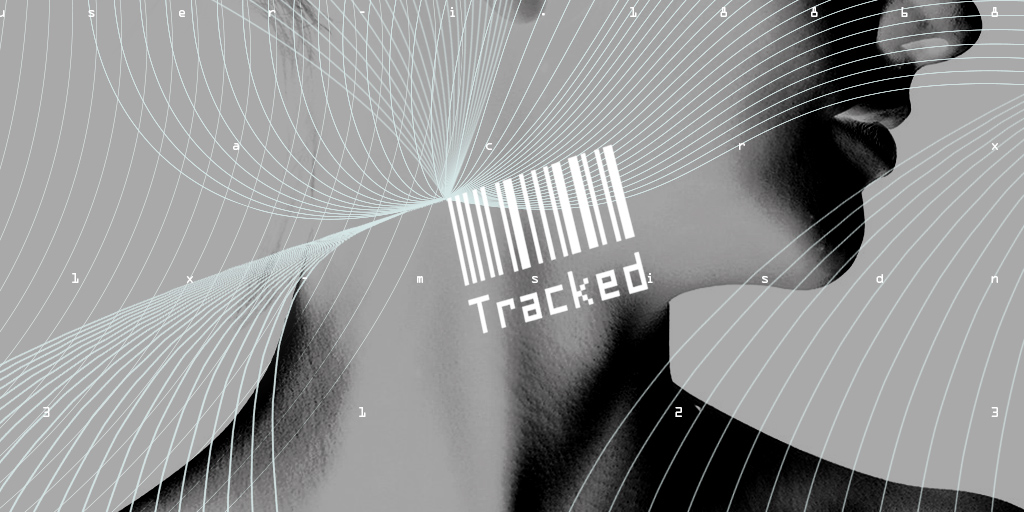Update: 7/19/2017: The vote on the biometric ID bill has now been postponed. This is great news, giving us more time to save our privacy. Please read and share this post and our note on Facebook using the hashtag #firstmyprivacy. Urge lawmakers to drop the bill unless they add explicit protections for our rights.
…
My name is Wafa Ben-Hassine, I am Access Now’s policy analyst in Tunis, Tunisia, and I could really use your help. Tunisia’s legislature is pushing forward a proposal to require an electronic chip containing biometric information in all national IDs. The bill presents a serious threat to Tunisians’ fundamental privacy rights, and after coming out of commission even worse than it started, the bill is now scheduled for a final vote in just one week.
After years of battling for a rights-respecting democracy following our 2011 revolution, Tunisians are still fighting daily to protect our essential rights of privacy and freedom of speech. Our hard-fought victories have been a beacon of hope for others across the region, but this ill-conceived bill represents a major step backward.
Join me and fellow Tunisian activists — including the Tunisian League of Human Rights, I-Watch, Nawaat, OpenGovTN, Doustourna Network, and the Tunisian Forum on Social and Economic Rights — in calling on Tunisian lawmakers to reject this proposal.
Tunisia is following a trend taking root across the region and the world to move toward electronic IDs that contain sensitive biometric data. In Tunisia and elsewhere, this move is dangerous without proper safeguards, and we need to act now to push back against these worrisome proposals.
The new system would consolidate access to Tunisians’ sensitive personal information into a database owned and operated by a private company, raising major concerns around data privacy. The proposal is also vague and does not indicate what data would be stored, who will have access to it, or what measures will be taken to ensure the data is secure. Worse, recent amendments to the bill eliminated Tunisians’ ability to access the information being stored about themselves — imposing a five-year prison sentence for anyone who tries — while leaving in provisions giving police and national security agencies broad access to everyone’s data.
Here in Tunisia, the current identity card already contains both a unique identifier number and a bar code. The government has yet to utilize either in its administrative operations, but now it is trying to implement something even more invasive. The proposed card would also impose a burdensome cost — no less than 30 million dinars (13 million USD) — on an economy already in trouble. The proposal creates unnecessary and disproportionate risks to human rights, which could chill expression and deter travel.
Join us in calling on Tunisian lawmakers to protect hard-won civil liberties, focus on advancing protections for an open and free society, and wholly reject the current proposed legislation.
In Tunisia, Facebook is an important tool for us to reach both our community and our lawmakers, which is why we’ve posted our joint statement as a note with members of parliament tagged. Let’s make sure they receive plenty of notifications before they go in to vote on this bill next week.
Share this Facebook note to Tunisian lawmakers to help defend privacy today!
P.S. — For a full list of local partners, see the coalition’s joint statement here.

